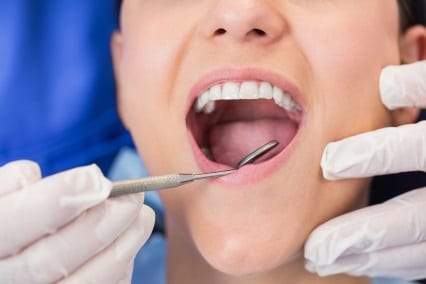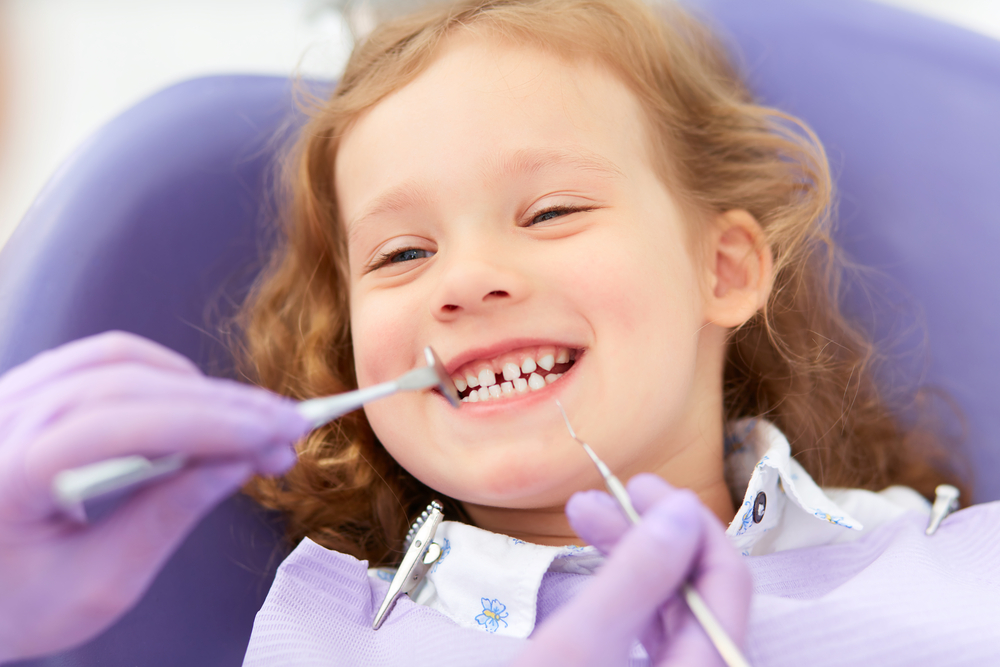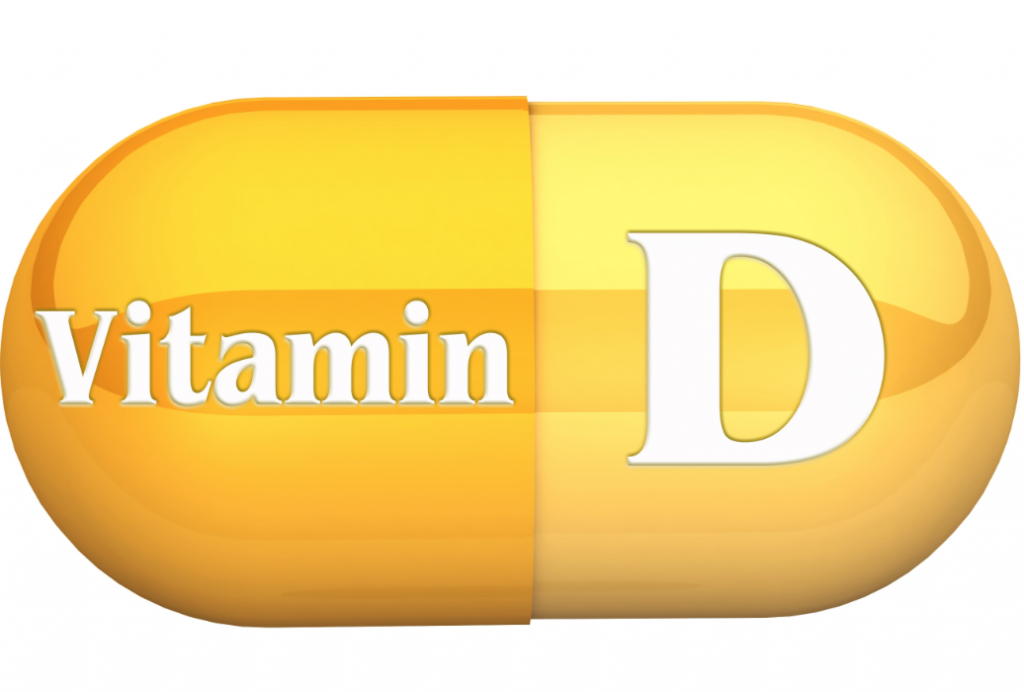Signs and Symptoms of Oral Cancer
Oral cancer. The phrase alone evokes fear, so we avoid talking about it. If you notice any signs or experience any unusual symptoms, an appointment with your dentist is required. The sooner you consult your dentist, the greater your chances of avoiding serious illness and complications.
What is Oral Cancer?
Cancer is described as the dangerous growth of cells that invade and cause damage to surrounding tissue. Oral cancer arises as a growth or sore in the mouth that does not go away.
The “mouth” includes the lips, the tongue, the inside of the lips and cheeks, the hard palate, the floor of the mouth (under the tongue), the gums and the teeth. Therefore, oral cancer can develop in any part of the mouth (oral cavity). Because each part of the oral cavity is different, oral cancer encompasses a wide variety of types of cancer, which are treated in different ways.
Is There a Difference Between a Sign and a Symptom?
The majority of people often confuse signs and symptoms. A sign is a manifestation that a doctor or a dentist looks for when he examines your mouth. A symptom, on the other hand, is a phenomenon that a person experiences, such as nausea, extreme tiredness or pain.
What are the Signs or Symptoms of Oral Cancer?
It is often during a your routine dental visit or cleaning that your dentist will check for signs of oral cancer. These include:
- Mouth ulcers or sores that do not heal.
- A change in color or lumps on the mucous membranes of the mouth.
- Bleeding, pain, or numbness in the mouth or on the lip.
- Difficulty chewing or swallowing.
- A change in taste or sensation on the tongue.
- Thickening of the cheek.
- Numbness in the mouth or face.
- A hoarse voice for a long time.
- White or red patches in the mouth.
- A change in the voice.
It is very important to remember that any change or symptom that you report to your dentist, however small, can save your life. Oral cancers can be fatal and the sooner they are detected, the greater the chances of successful treatment.
Can the Risk of Cancer of the Oral Cavity be Reduced?
First, watch your alcohol intake. Since, alcohol irritates the mouth, over the years, excess alcohol promotes oral cancer. You are more likely to be diagnosed with oral cancer if you drink 3 to 4 glasses a day.
Secondly, if you smoke, you should consider giving up smoking. It is certainly the best service you can do for your health. The longer you smoke cigarettes, cigars, or pipes, the higher your risk becomes. However, if you stop now, you are decreasing your chance of affecting your health. Your chances of oral cancer skyrocket if you smoke and drink a lot. If you don’t smoke, don’t start.
Visit your dentist twice a year. Dentists don’t just treat cavities, injuries, gum disease, and other dental health issues. They check everything, including looking for signs of cancer in the entirety of the mouth.
Other prevention tips. Eat plenty of fruits and vegetables. The vitamins and antioxidants found in fruits and vegetables stimulate the immune system and protect our body from illness and disease.
Use sun protection. Spending a lot of time in the sun not only increases your chances of getting skin cancer, but it can also affect your lips. Use a lip balm with a sun protection factor (SPF) of at least 15 and repeat the application of the product every two hours. Also wear a hat with a wide brim that will protect your entire face. Above all, stay away from tanning beds!
Examine your mouth regularly. Keep an eye out between visits to your dentist. Once a month, examine your mouth in a mirror. We cannot recommend this highly enough! You know your body best. If you notice anything abnormal, see your dentist immediately.
Regular dental appointments and self-checks can catch oral cancers early when treatments are more effective. If you have concerns about oral cancer or other dental health concerns, please contact our office here in Gilbert, AZ. We look forward to seeing you soon.



